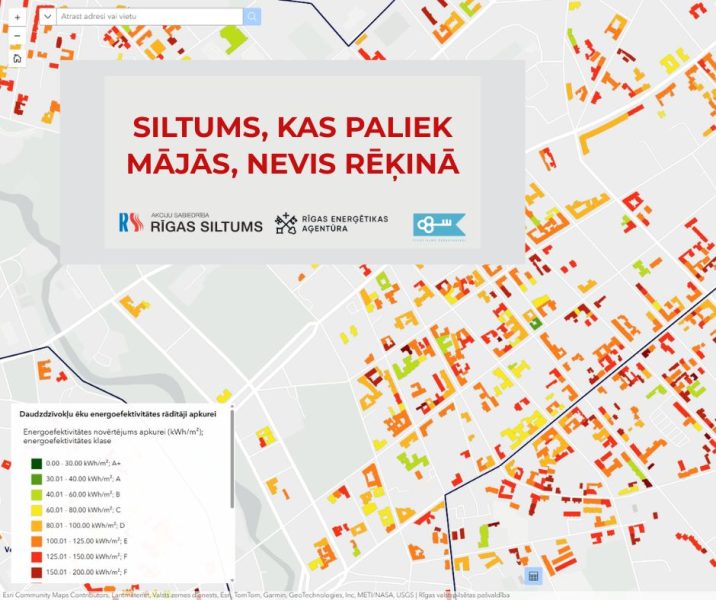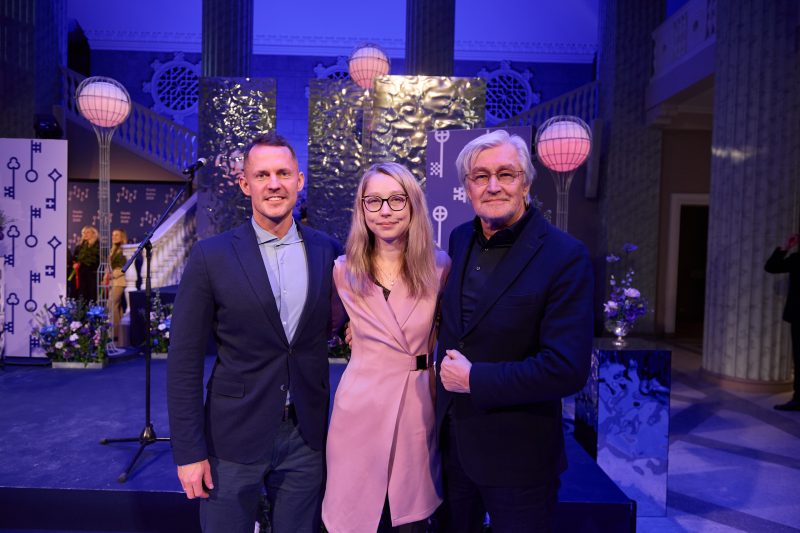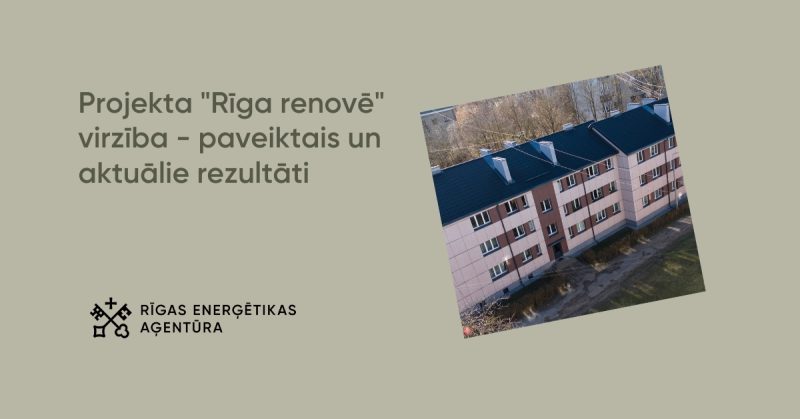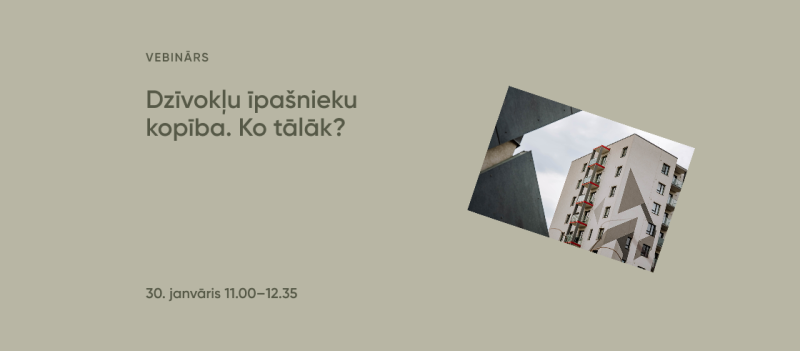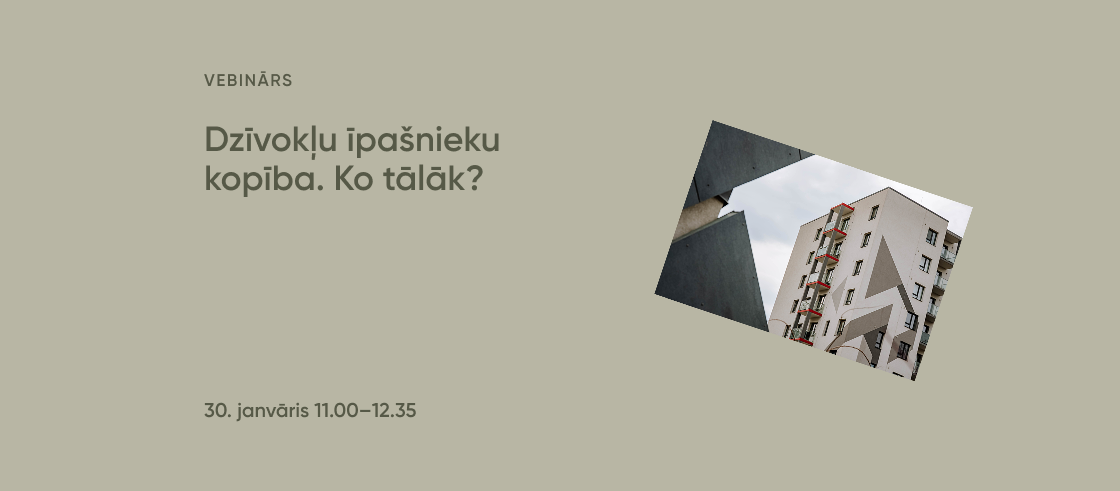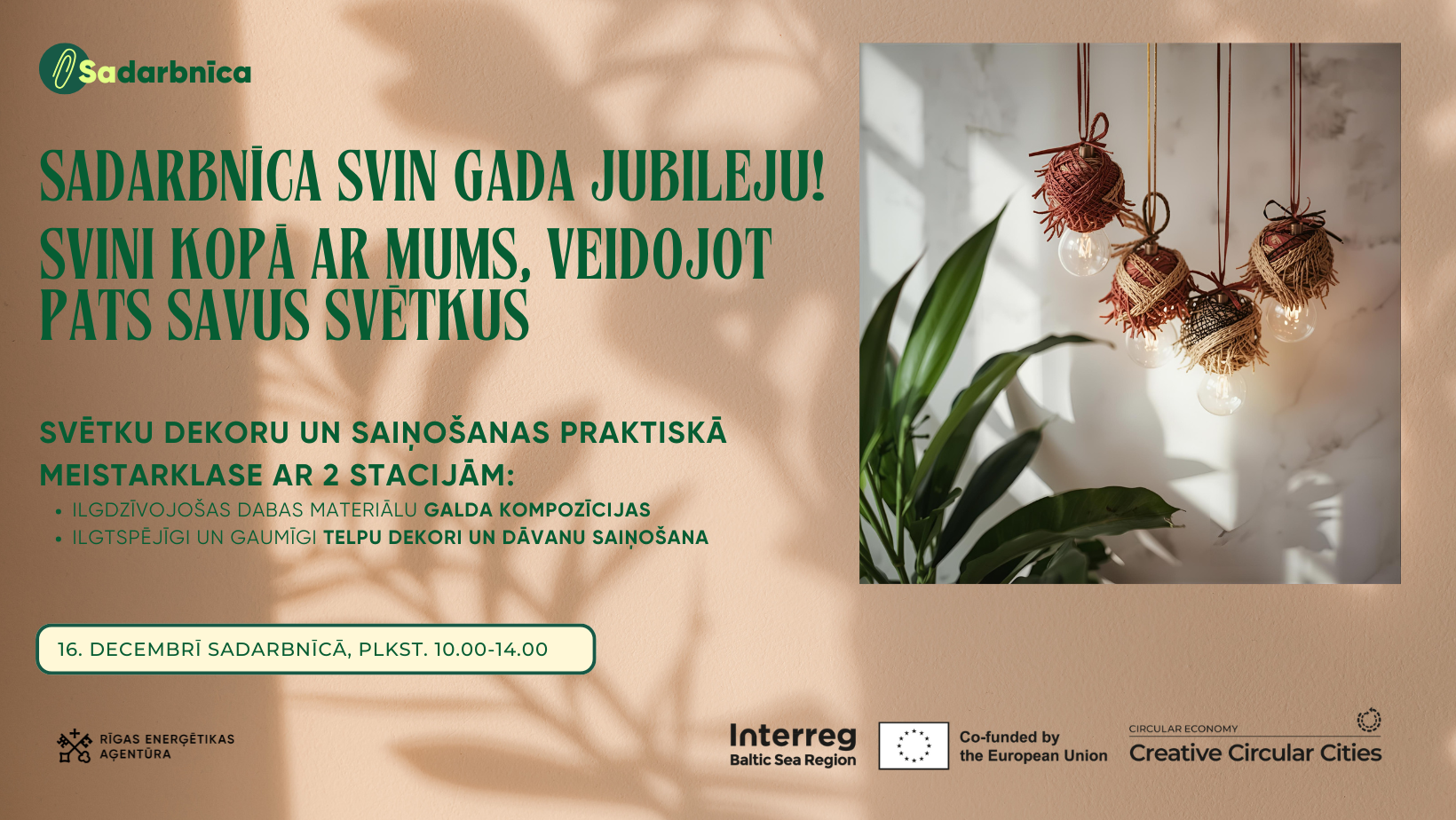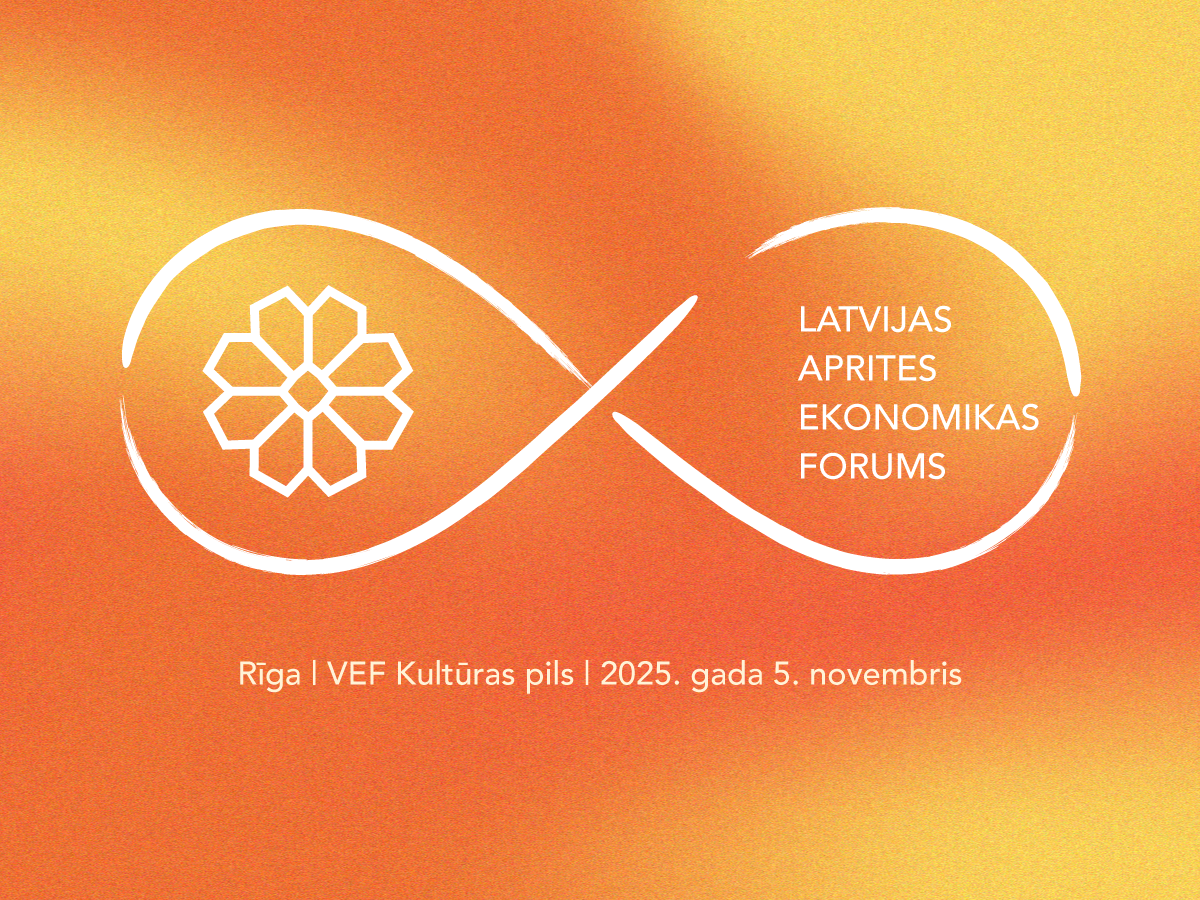Ērta, droša un iedzīvotājiem patīkama pilsētvide
Rīgas valstspilsētas pašvaldības kompetenču centrs enerģētikas un klimata jautājumos
Lasīt vairāk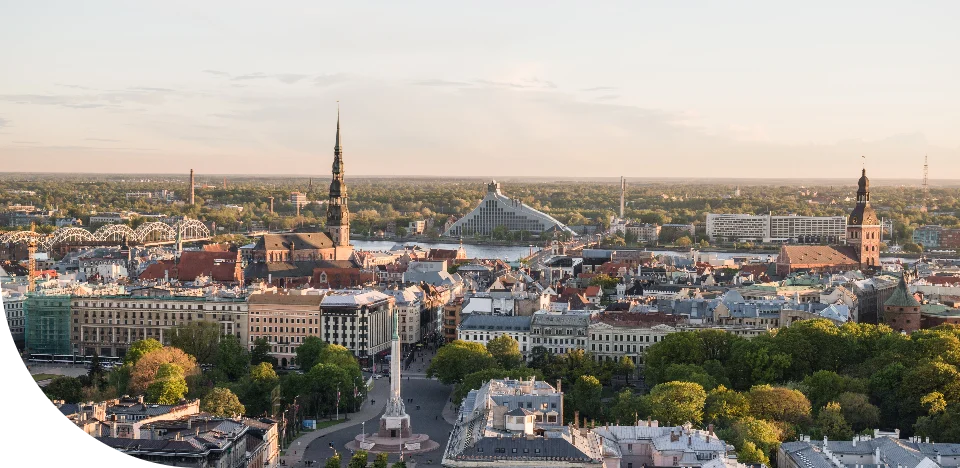
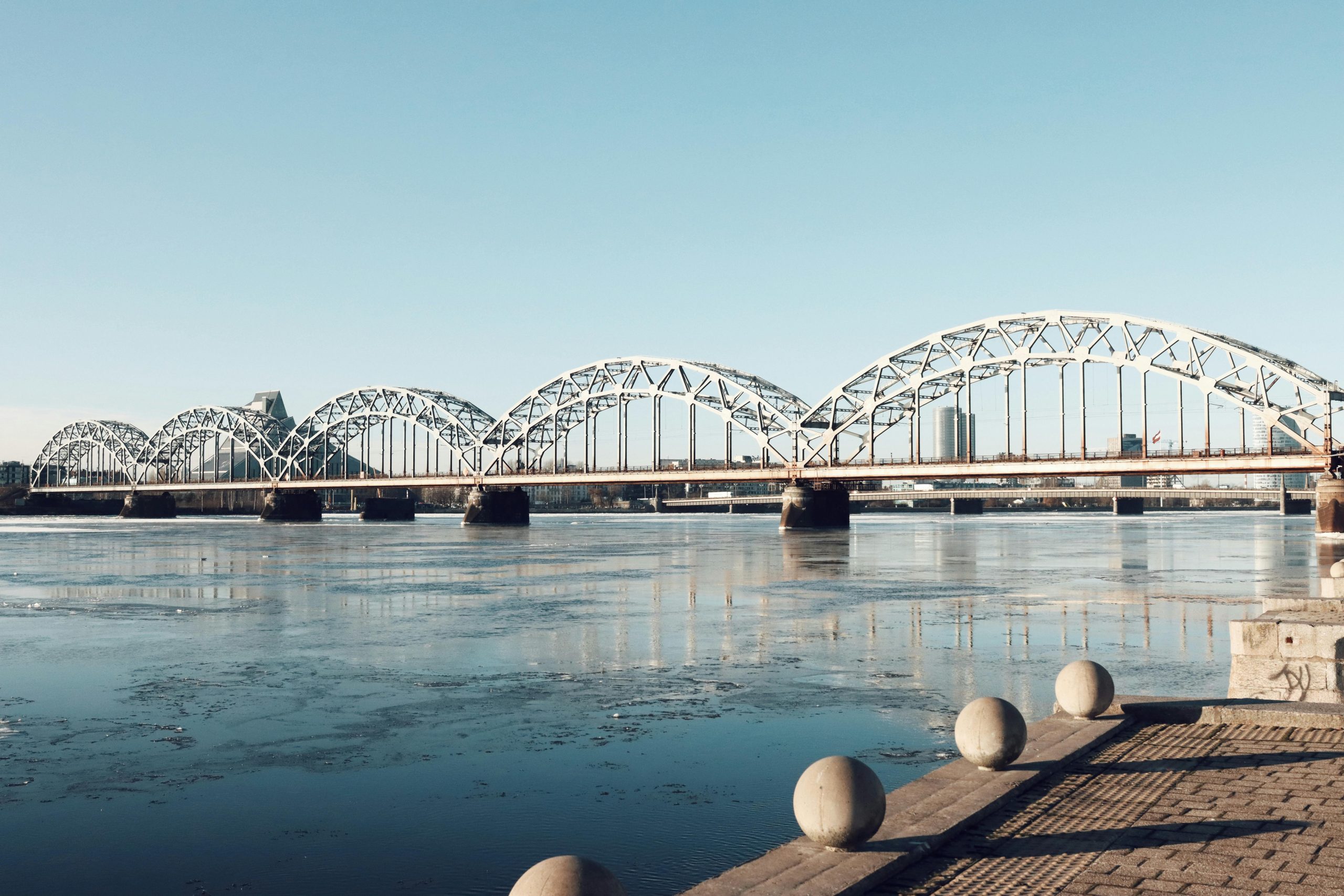
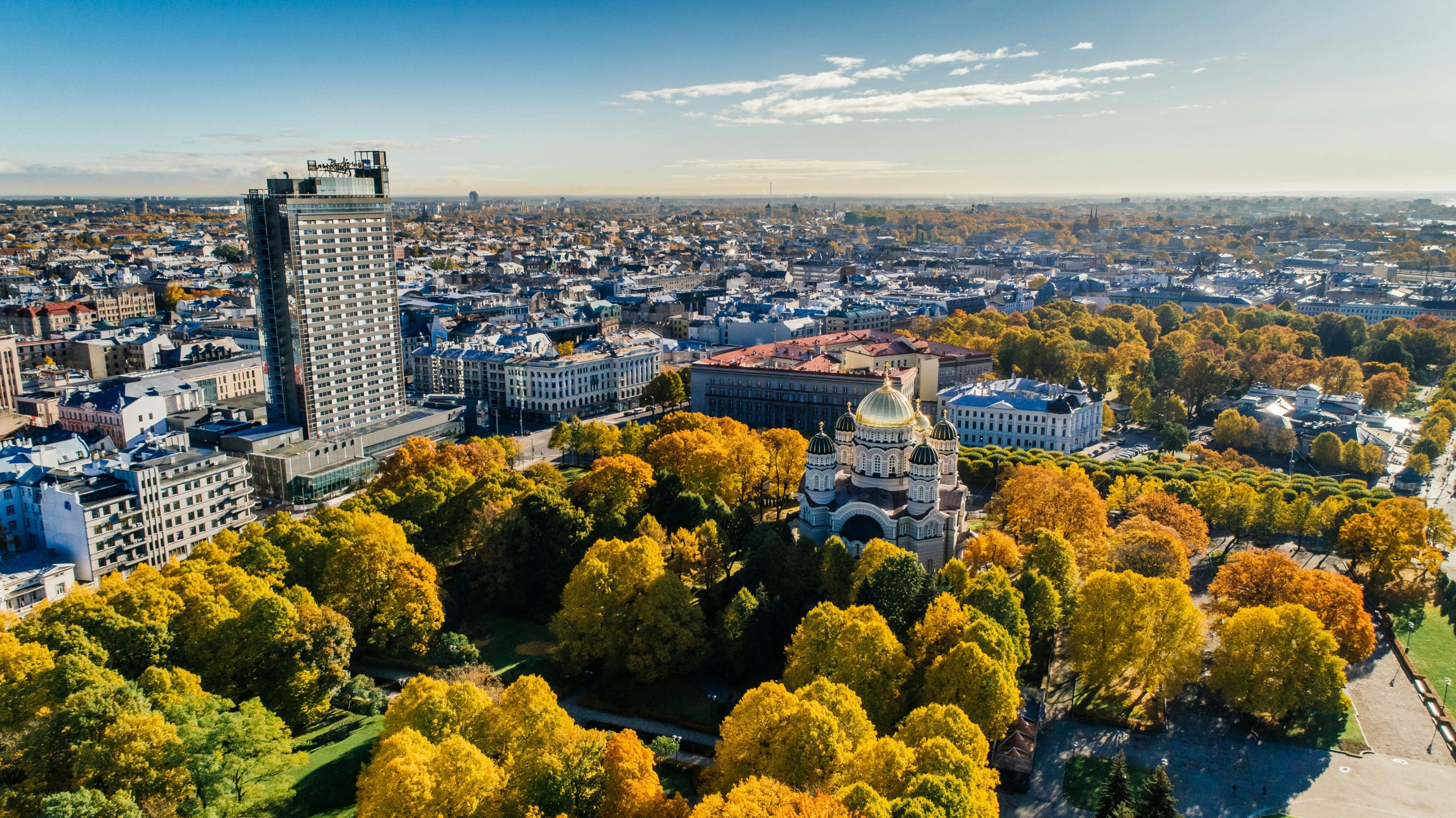
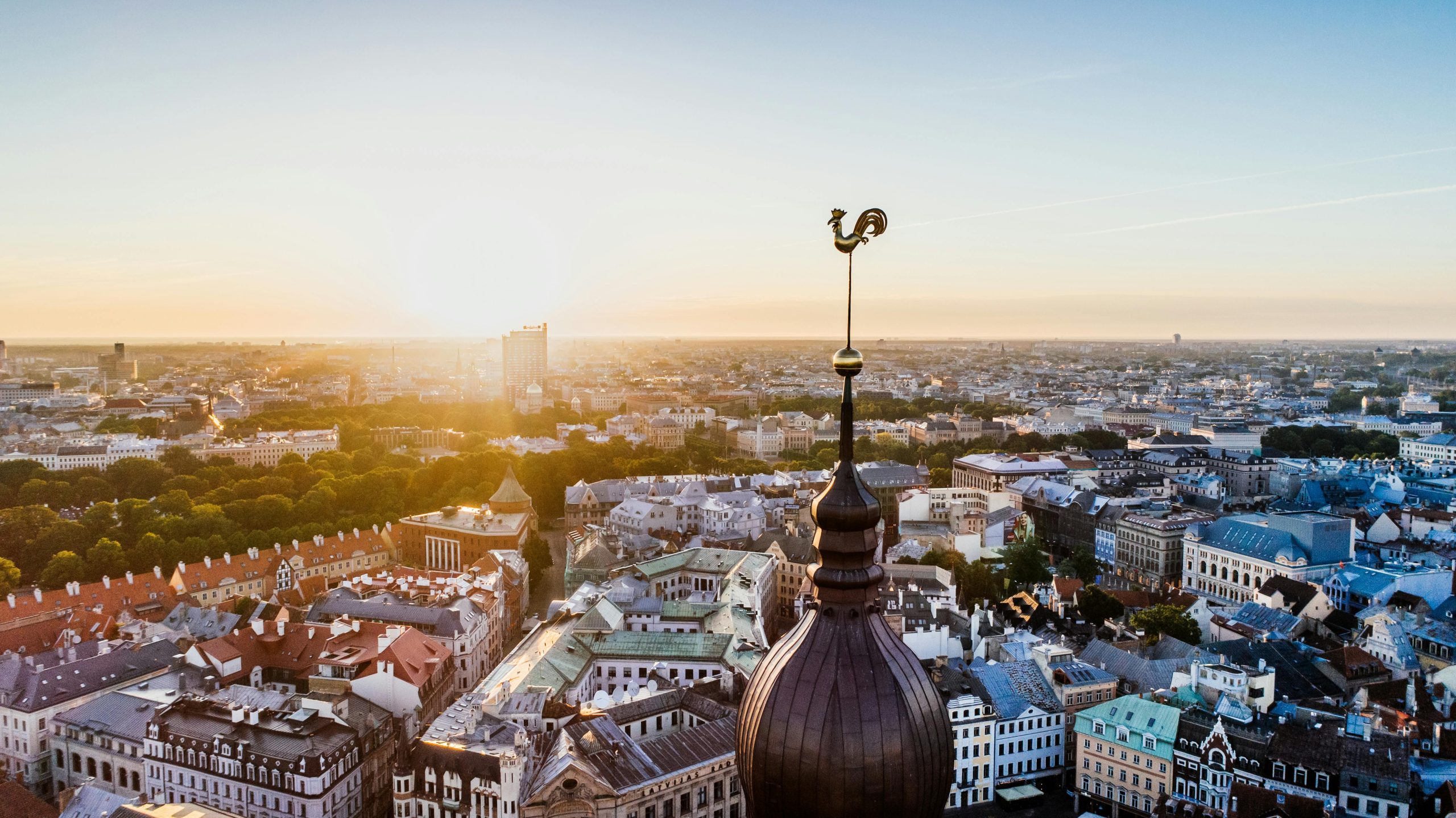
Projekti un iniciatīvas
Apskati REA realizētos un plānotos projektus, kas veido ilgtspējīgu Rīgu.
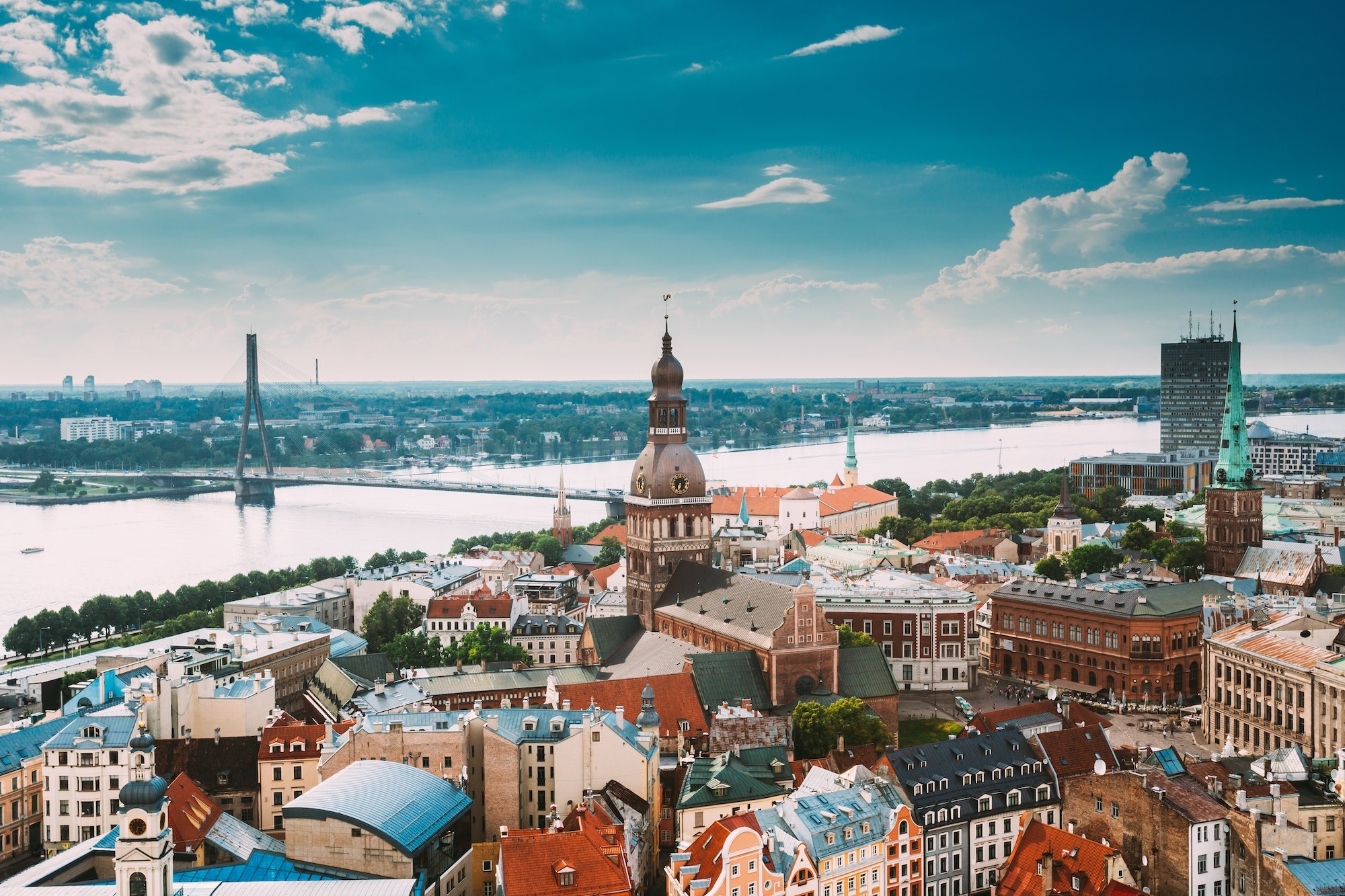
Rīgas ilgtspējīgas enerģijas ideju konkurss 2025
Aicinām Rīgas iedzīvotājus un organizācijas piedalīties ideju konkursā, lai veidotu pilsētas enerģētikas nākotni. Iesniedz savas radošās un praktiskās idejas!
Pieteikšanās līdz 2025. gada 31. decembrim
Par mūsu darbu un mērķiem 2026. gadam
Aģentūras un tās darbinieku misija ir nodrošināt inovāciju
pārnesi, veidojot pilotprojektus pašvaldībā un iedzīvotāju
izglītošana enerģētikas jomā, tiecoties uz enerģētikas sektora
dekarbonizāciju.
- Kvalitatīva dzīves vide un pieejams mājoklis
- Infrastruktūras un komunālo pakalpojumu uzlabošana
- Energoapgādes koordinācija Rīgas pašvaldībā
- Plaša energoefektivitātes īstenošana
- Laba vides kvalitāte
1.
Atvērta pirmā aprites ekonomikas telpa Rīgā
22
Jomas darbinieki
300+
Sniegtas konsultācijas energo jomā 2025. gadā
125
Rīgā atjaunotas ēkas
26
Noslēgti projekti
20%
Enerģijas samazinājums IKSD pakļautībā esošajā iestādēs
Jaunumi
Visi jaunumiŠī gada janvāris Rīgā bija aukstākais mēnesis pēdējo 15 apkures sezonu laikā, pieaudzis siltumenerģijas patēriņš
Samazinoties āra gaisa temperatūrai šī gada janvārī patērētas 637 tūkst. megavatstundas siltumenerģijas, kas ir par 60% vairāk nekā iepriekšējā mēnesī - decembrī, kad siltumenerģijas patēriņš bija 399,2 tūkst. megavatstundas
12.02.2026
Lasīt vairākDivas nominācijas – divi apbalvojumi Rīgas domes “Gada balvā 2025”
Sirsnīgā un enerģiskā gaisotnē 29. janvārī VEF Kultūras pilī notika Rīgas domes “Gada balvas 2025” svinīgā apbalvošanas ceremonija, kurā tika godināti pašvaldības iestāžu darbinieki par nozīmīgu ieguldījumu pilsētas attīstībā.
02.02.2026
Lasīt vairākProjekta “Rīga renovē” virzība – paveiktais un aktuālie rezultāti
Projekts “Rīga renovē (Riga Renovates)” ir Rīgas valstspilsētas pašvaldības iniciatīva, kuras mērķis ir veicināt daudzdzīvokļu ēku atjaunošanu, uzlabojot to energoefektivitāti, tehnisko stāvokli un iedzīvotāju dzīves kvalitāti.
28.01.2026
Lasīt vairāk


